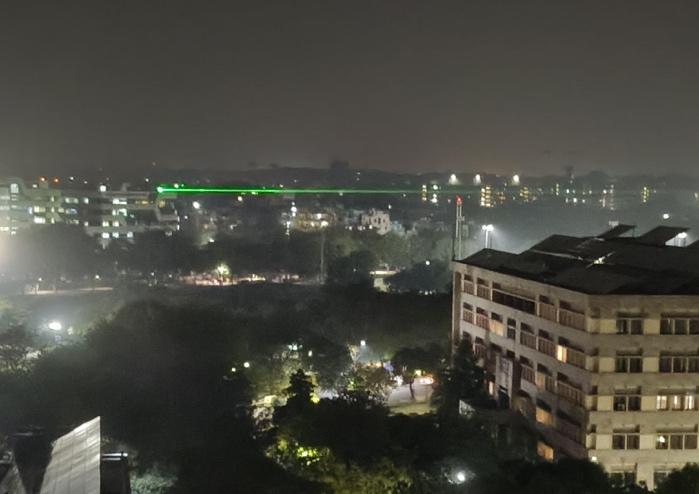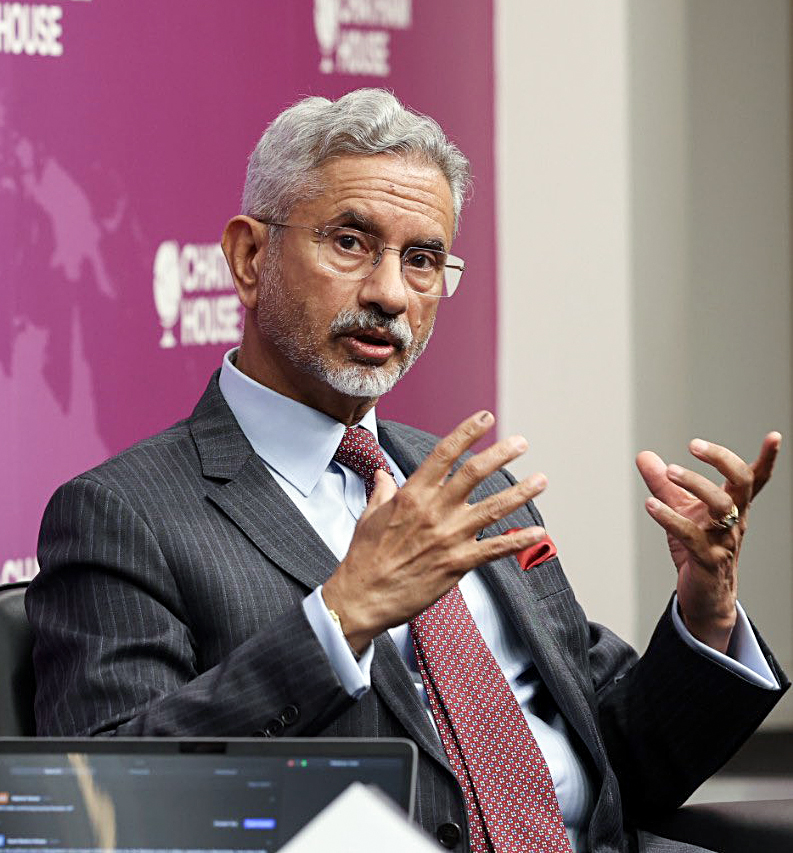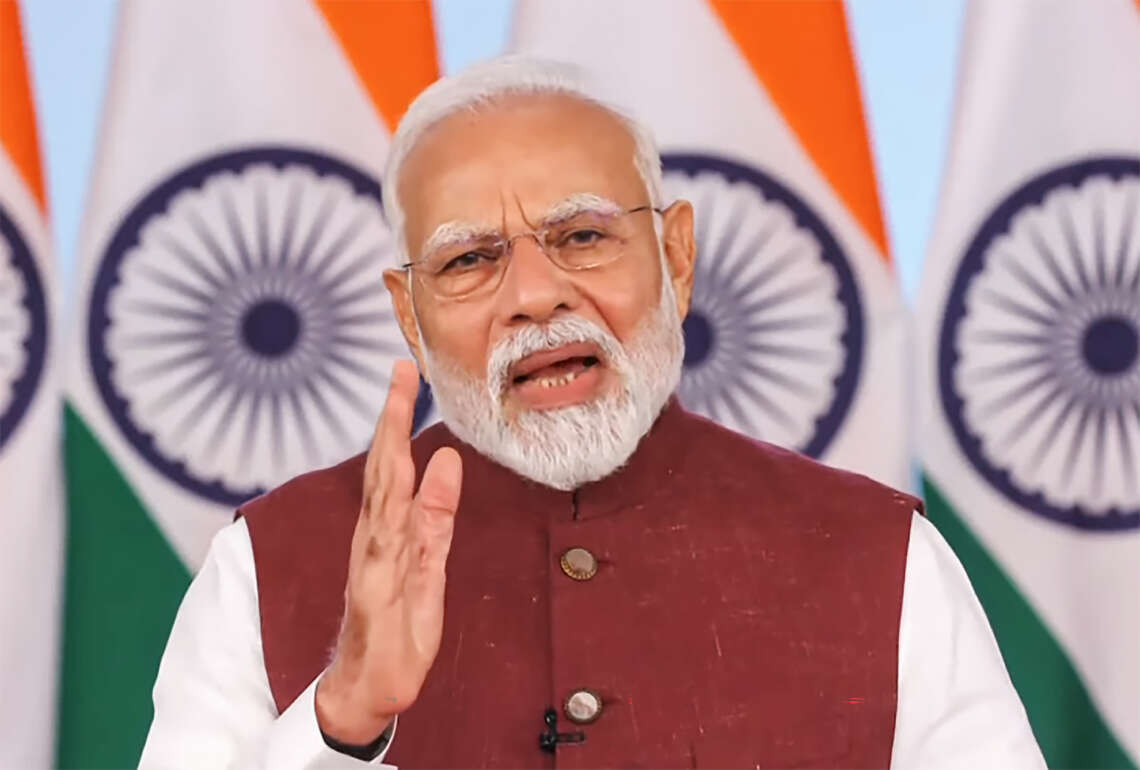The Minister said India has entered a new quantum era, set to transform future warfare….reports Asian Lite News
India has taken a major leap in defence and cyber security by successfully demonstrating free-space quantum secure communication using quantum entanglement, Defence Minister Rajnath Singh said on Monday.
The Union Minister said that the country has entered a new quantum era of secure communication, which will prove to be a game changer in future warfare.
The breakthrough was achieved by the DRDO-Industry-Academia Centre of Excellence (DIA-CoE) at IIT Delhi.
The demonstration involved transmitting quantum entangled particles over a free-space optical link across a distance of more than one kilometre within the IIT Delhi campus.
The experiment achieved a secure key rate of nearly 240 bits per second, with a quantum bit error rate of less than 7 per cent.
According to experts, this technology enables real-time applications in quantum cyber security, including long-distance Quantum Key Distribution (QKD), future quantum networks and the quantum internet.
Quantum entanglement-based communication provides stronger security than traditional methods.
Even if the communication devices are compromised, entangled photons reveal any attempts at interception by disrupting their quantum state.
This makes the encryption virtually unbreakable and highly useful in sectors like defence, finance, telecommunications and other strategic areas.
A key benefit of this new method is that it eliminates the need for laying optical fibres, which is costly and difficult in remote or densely populated areas.
The project, titled ‘Design and development of photonic technologies for free space QKD,” was sanctioned by the Directorate of Futuristic Technology Management (DFTM), DRDO.
The demonstration was led by Professor Bhaskar Kanseri’s research group and witnessed by top officials including DRDO DG (MED, COS & CS), Director SAG, Director DFTM, Dean (R&D) IIT Delhi, and other scientists.
Congratulating the team, DRDO Chairman Dr Samir V Kamat and IIT Delhi Director Prof Rangan Banerjee called it a significant milestone in India’s technological advancement.
This is not the first success for the team. In 2022, DRDO and IIT Delhi demonstrated India’s first intercity quantum communication link between Vindhyachal and Prayagraj using underground optical fibre.
In 2024, they successfully distributed quantum keys over a 100 km spool of telecom-grade optical fibre.
These achievements come under DRDO’s DIA-CoEs initiative, which has set up 15 Centres of Excellence at leading institutions like IITs and IISc to develop cutting-edge defence technologies.













